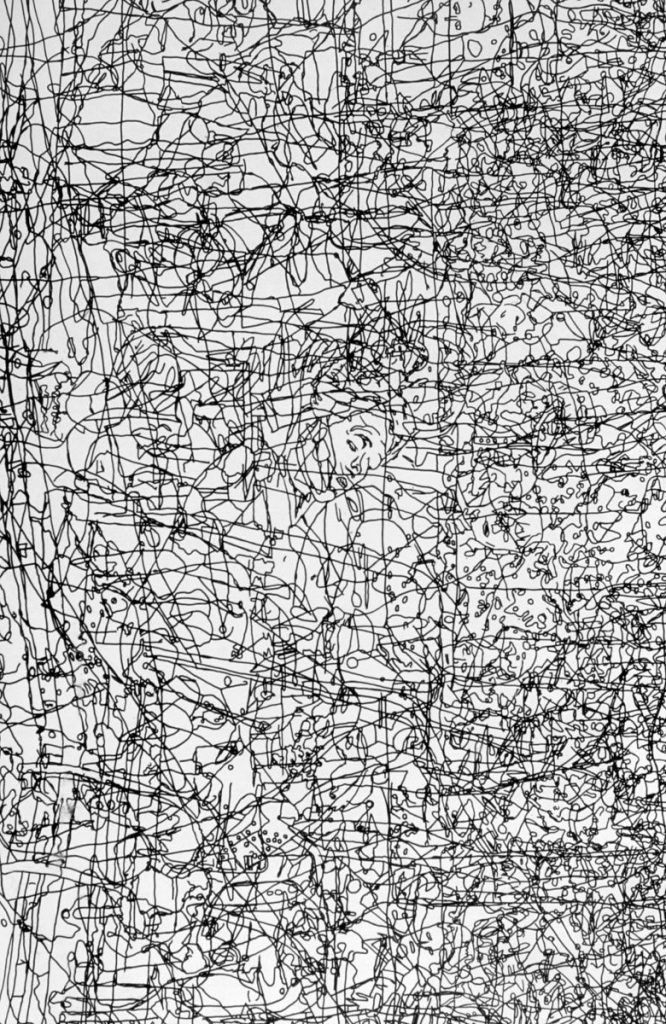About this project

who are we?
Some history
This project arose from the intersection between archival organization studies and philosophy. In an archive, we have to find a document, a photograph, or whatever else, among thousands of others. The same thing happens in a library: how do you find one book among thousands? By diagnosing the collection, creating criteria and a classification plan that includes all the elements. How do we find a problem/concept in a vast philosophical work? We are faced with the same problem, not in a physical archive, but in a written archive. Anyone who has ventured through the pages written by Deleuze knows how scattered or rhizomatic his way of problematizing is. Concepts are defined in different parts of books, in different works, and are also in constant variation. As he himself says, together with Guattari, concepts traverse different problematic fields in order to gain consistency.
This project seeks to locate these conceptual or problematic “paths” in the works. The purpose of this tool is to optimize the researcher’s search time by listing the pages where these concepts/problems appear. It also provides useful information such as: how a concept was translated (as well as any variations in translation from one work to another), translation errors, concepts directly related to what you are looking for, quotes that may be useful for the production of an article/thesis/essay, etc. , and observations that may be relevant.
Concepts and problems: Where does Deleuze talk about becoming? Some concepts are easier to locate because they are the subject of specific books or chapters (such as becoming, to which he devotes an entire chapter in A Thousand Plateaus). However, in other books, there are very good definitions of the concept that are not so easy to find. In addition, there are “minor” concepts and problems—such as the theme of ‘humor’—some examples, or even some authors that Deleuze cites. That is why we also include “minor” problems in Deleuze’s thought in this tool, since there is always someone interested in less studied issues.
The idea, therefore, is to help researchers find what interests them for their research within this immense body of work. Of course, this tool has its limitations. It will help you find references, but it will be the researcher’s responsibility to select them, continue reading a little more about the given reference, and decide what is most important and what is not useful. If the concept/problem you are looking for does not appear in the search engine, we provide a list of the words that were included in our ‘classification plan’. We recommend consulting it to see if the word you are looking for is not listed under other similar terms.
This project is organized and conceived by Ana Carolina Patto Manfredini, a doctor of philosophy (PhD) from the National Autonomous University of Mexico and currently a professor of Cultural History at the UNAM University Theater Center.